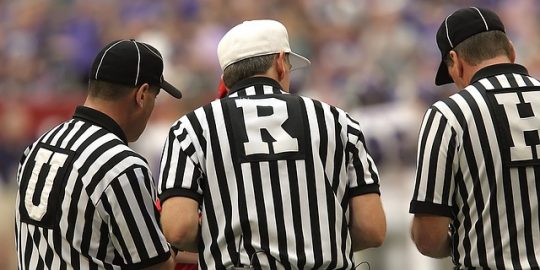Q: I was recently elected to the Board of my condominium association, and our rules prohibit certain types of dogs like Doberman Pinscher. Right before I became a Board member there was an incident with a tenant’s Doberman Pinscher and an owner where the dog was aggressive toward the owner and scared him, but the dog didn’t bite him. Now the owner is demanding that the Board evict the tenant or remove the dog. To make matters worse, there are several other owners in in the building who have dogs that aren’t allowed by our rules. What can we do?
H.C., Boca Raton
A: You may be surprised, but this situation happens more often than you might imagine. With regard to the rule not being strictly enforced in the past, the fact that the association has not been strictly enforcing this rule before doesn’t prevent the association from enforcing in the future. In order to enforce the rule, the Board would need to hold a meeting that has been duly noticed (i.e. 48 hours prior notice) and pass a motion that from that date moving forward this rule will be strictly enforced; however, any owner or tenant that has a dog which is prohibited as of the date of the meeting will be allowed to keep their dog, but they will not be allowed to replace the dog once it dies, or for tenants, once their lease expires. After the meeting you will need to send written notice to the community advising everyone that from now on the rule will be strictly enforced.
With regard to tenants, an association’s governing documents typically states that every lease is deemed to specifically provide that as a material condition of the lease the tenant shall be in full compliance with the declaration which in your instance would include the pet restriction. It can be argued that when a lease is being renewed it is a new lease, and therefore, any tenant who has a dog that is in violation of the governing documents at the time of their renewal would have to move out. That being said, this will be fact specific depending on the language in your association’s governing documents.
With regard to the incident you describe in your question, it is important to note that blatantly not enforcing the rule that arguably would have prevented the incident can expose the association to a great deal of liability. To avoid any incidents in the future, the Board has the right to pass a rule specific to the tenant’s dog that requires the dog, as an example, to be muzzled when it is in the Association’s common elements. Another option is to seek removal of the dog not because of its breed but due to the incident. This may help avoid the selective enforcement argument; however, if the dog did not actually touch or physically injure the owner, I am not sure a single incident of being aggressive is sufficient to convince a judge to order the removal of the dog.
As your situation is very fact specific, we recommend that you consult with a Florida licensed attorney who specializes in condominium law.
Avi S. Tryson, Esq., is Partner of the Law Firm Goede, DeBoest & Cross. To ask Mr. Tryson questions about your issues for future columns, send your inquiry to: question@gadclaw.com. The information provided herein is for informational purposes only and should not be construed as legal advice. The publication of this article does not create an attorney-client relationship between the reader and Goede, DeBoest & Cross, or any of our attorneys. Readers should not act or refrain from acting based upon the information contained in this article without first contacting an attorney, if you have questions about any of the issues raised herein. The hiring of an attorney is a decision that should not be based solely on advertisements or this column.

